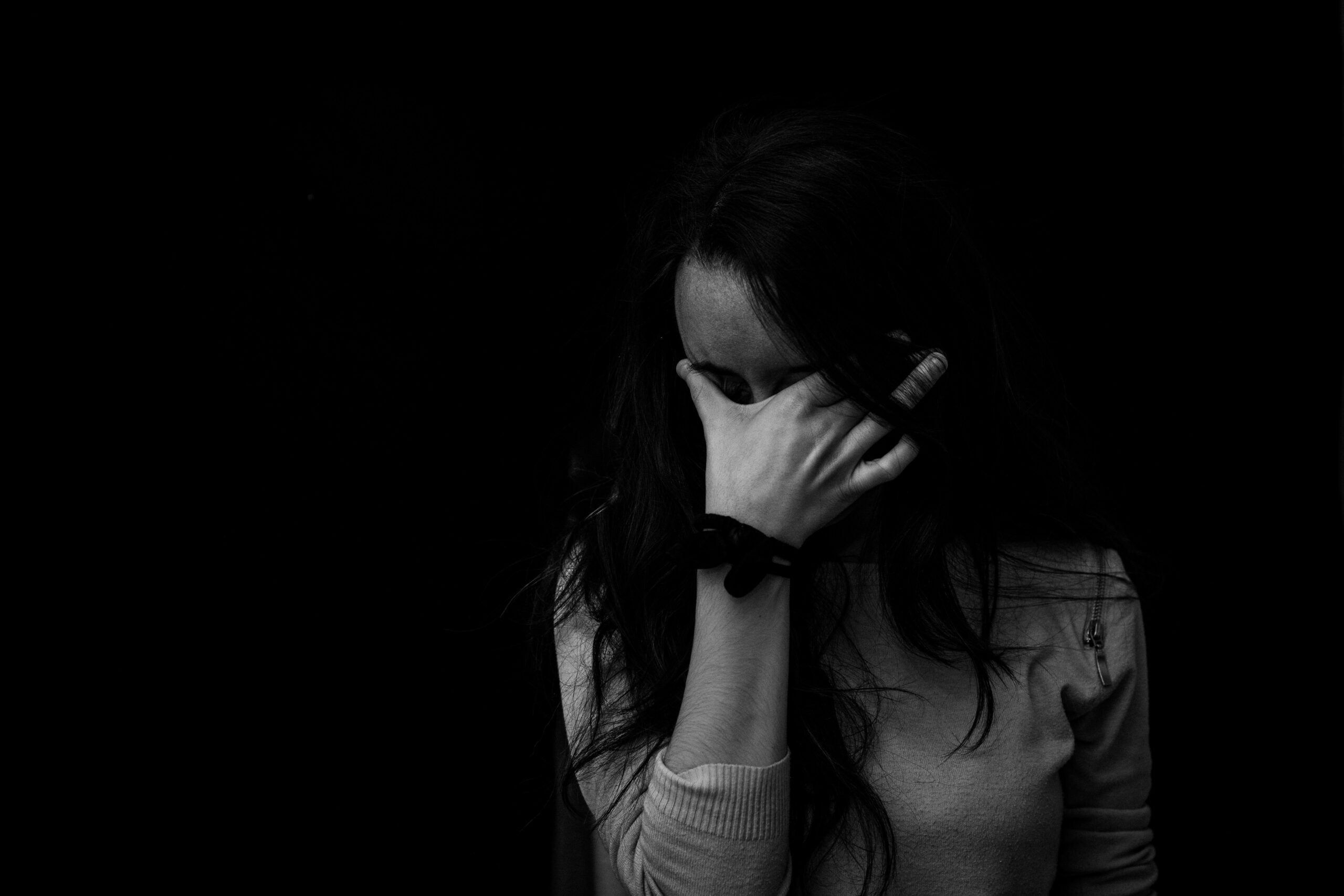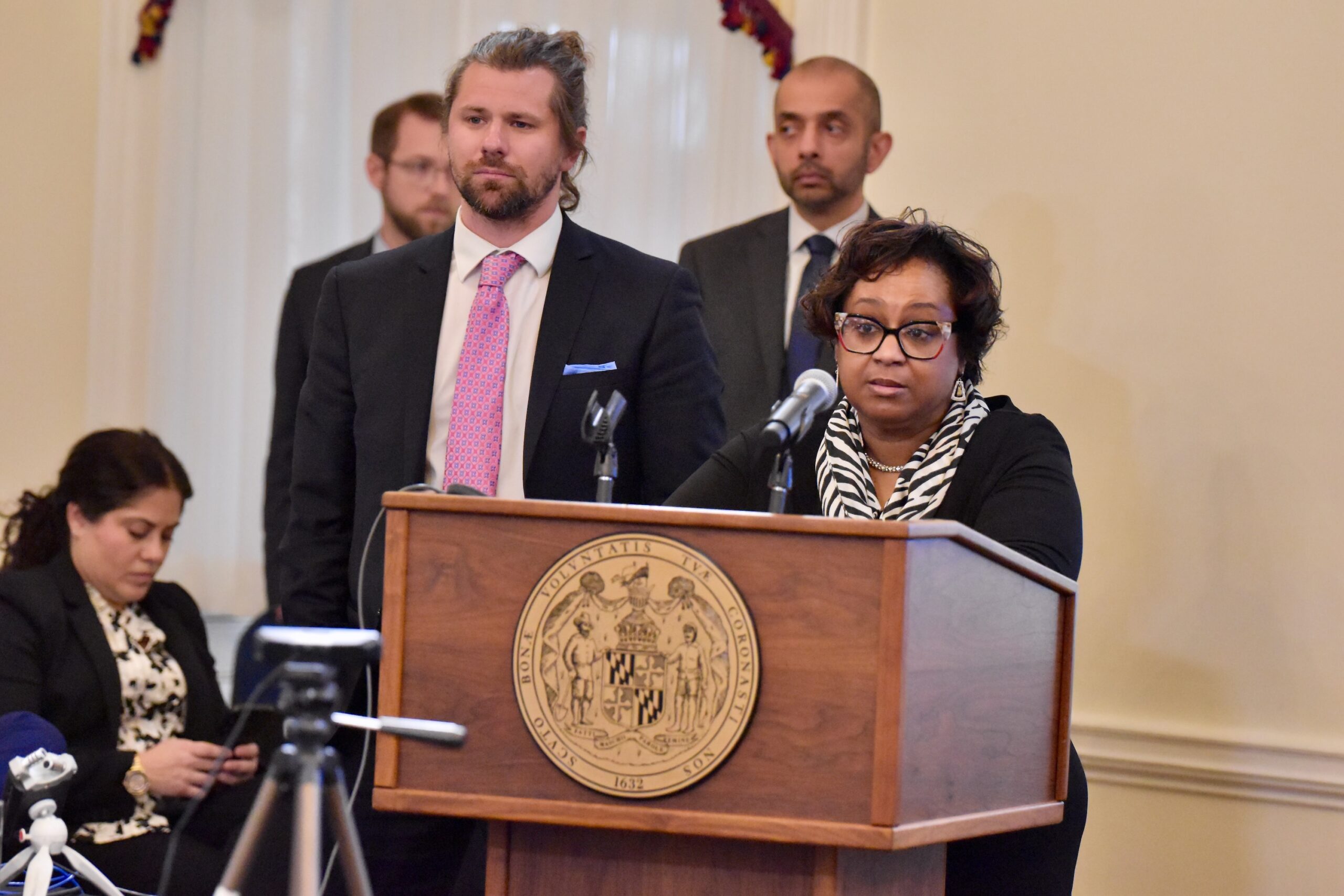Maryland Abuse Victims Can Still Seek Protective Orders During COVID-19 Emergency

Maryland courts closed to the public nearly two weeks ago for precautionary measures during the state of emergency brought on by the COVID-19 pandemic.
In spite of court action in the state largely coming to a halt, struggling Marylanders are still looking for ways to protect themselves from abusive situations.
“For many people, being at home is not the safest place for them,” said Dorothy Lennig, director of the House of Ruth’s Marjorie Cook Legal Clinic, in an interview Wednesday.
Lennig added that in light of the crisis at hand, there are still resources available for those who may currently find themselves in risky or abusive home situations.
Protection from abuse under normal circumstances
When an individual is looking to remove themselves from a threatening relationship, they can pursue two avenues:
- Peace order — for situations in which the threatening party is non-related, like a neighbor or co-worker
- Protective order — for situations of violence occurring in the home between family members or romantic partners
Petitioners can file temporary protective orders against abusive partners or family members at their local courthouse during business hours.
This type of order typically lasts seven days and is served to the alleged abuser by law enforcement officers.
Lennig said that until 2002, that was the only method.
Now there is also a 24-hour system put into place allowing orders of protection to be filed to court commissioners on nights and weekends. These are known as “interim orders of protection,” and are meant to last up to 24 to 48 hours.
Interim protective orders jumpstart legal proceedings. Lennig said that within the 24- to 48-hour period, a judge reviews the complaint and from there can issue a temporary protective order.
According to the Maryland Judiciary website, both interim and temporary protective orders can mandate that an alleged abuser cease contact, leave a shared home and award temporary custody to the petitioner.
At the end of the temporary order’s week-long lifespan, judges have the ability to establish final protective orders, which the Judiciary says can set up things like mandated counseling and child visitation schedules.
Protection from abuse during the COVID-19 pandemic
Lennig said that individuals in fear for their lives and safety during the pandemic can still apply for interim protective orders by reporting to their local court commissioner’s office.
[To find your local court commissioner’s office, click here]
From there, she said that administrative judges sift through the petitions to find instances that need to be immediately elevated to a temporary protective order — for instance threats of gun violence or cases involving child custody.
Lennig said that the temporary nature of both of these forms of petitions have been waived until courts reopen in early April, which she anticipates could create a huge backlog.
In spite of the current public health crisis, Lennig made clear that organizations like House of Ruth Maryland are there to help access the courts and even represent vulnerable Marylanders in hearings.
“We want people to know that our services are still available,“ she said.




 Creative Commons Attribution
Creative Commons Attribution